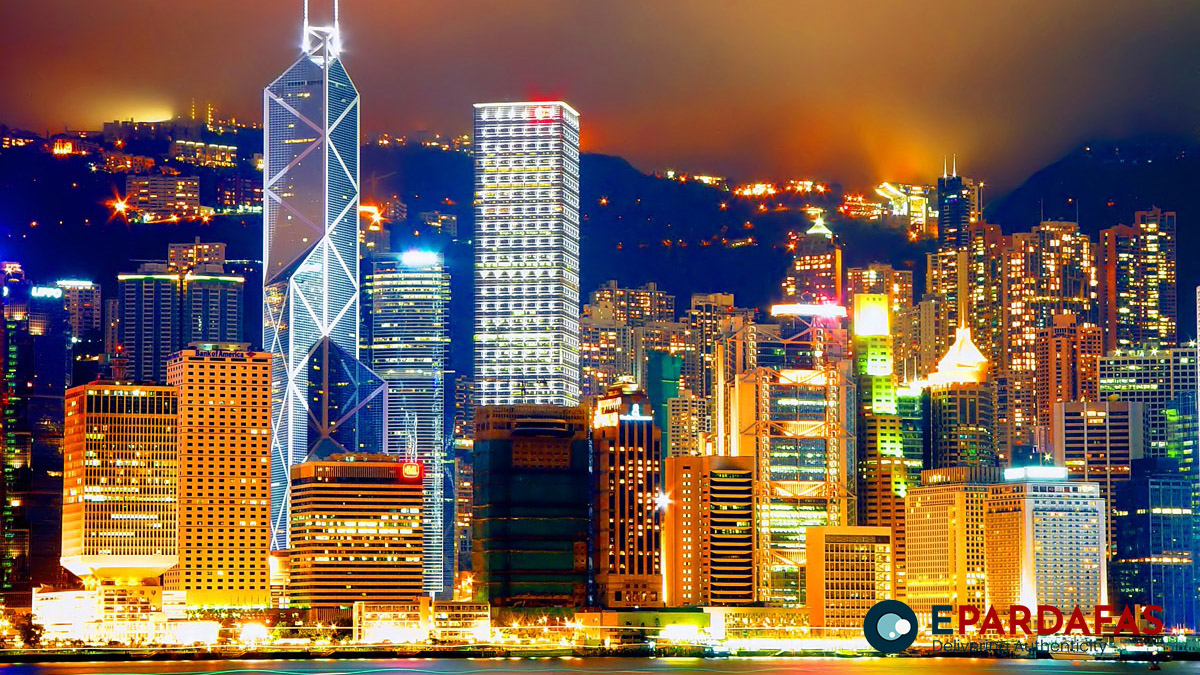
Hong Kong Seeks to Restore International Image as China’s Economy Slows
Hong Kong, once a thriving global financial hub, is making efforts to rebuild its international image after facing challenges that include anti-government protests in 2019, the imposition of a sweeping national security law by Beijing in 2020, and three years of strict COVID-19 lockdowns that led to a significant exodus of people.
Recent Sino-US tensions and China’s slowing economy have added to Hong Kong’s woes, impacting its traditional role as a bridge between the West and the mainland, according to diplomats and business leaders.
A recent event at Hong Kong’s M+ art museum aimed to strengthen ties between the West and the former British colony. However, most of the attendees were from the mainland and Asia, and visa applicants were mainly from China. The city has also seen a shift in its demographic makeup, with mainlanders accounting for more than 90% of those approved to work under government talent schemes.
Executives and diplomats emphasized the need for diversity in the city to regain its international appeal. Inaki Amate, chairman of the European chamber in Hong Kong, stated that the city needed to move beyond the current trend of relying heavily on mainland Chinese talent.
Hong Kong officials are actively working to restore the city’s reputation. Finance Secretary Paul Chan conducted a marketing tour in European cities in September, and the Hong Kong Monetary Authority is organizing a prominent banking conference in November to showcase the city’s “vibrancy” and its best features.
Despite these efforts, many outsiders still perceive Hong Kong negatively, with lingering concerns over the national security law, pandemic restrictions, and China’s economic challenges. These factors have contributed to a damaged image and have hindered the city’s ability to attract top talent.
In addition to concerns over the national security law, the legal sector has expressed worries about judicial independence, and some businesses are relocating to other financial centers like Singapore and Dubai.
A survey in September found that over half of Hong Kong professionals are considering or planning to leave the city. Several companies and professionals have already left, impacting the city’s real estate market and office occupancy.
Hong Kong’s IPO market has also seen a decline this year, with significantly lower fundraising compared to previous years, largely attributed to China’s economic downturn and regulatory changes.
Despite these challenges, some investors believe that Hong Kong will adapt and thrive, with new inflows from the Middle East and the mainland replacing Western capital.













Comments